Can You Use Vaseline On A Tattoo? A Complete Guide
Skip the petroleum jelly in your tattoo aftercare routine – uncover superior alternatives!

Image: Shutterstock
It has long been common for tattoo enthusiasts applying Vaseline on tattoos. However, recently, several tattoo artists and dermatologists have revealed that Vaseline application on tattoos may do more harm than good. For a long time, Vaseline has been considered to be good for the skin; however, the guide to skin care after a tattoo session has evolved and it’s time for a change in the products too.
If you are about to or have recently gotten inked, and are concerned about whether to apply Vaseline on your tattoo, keep reading to discover why it’s recommended and whether it’s actually helpful in healing your fresh tattoo wounds. Scroll down to the article!
In This Article
Is Vaseline Good For Tattoos?

Vaseline is a petroleum-based product that is used in skin care to retain the skin’s natural moisture content during dry seasons. People with a dry skin type usually find the product extremely moisturizing and healing for their irritated skin.
But here’s the catch, your tattoo is a fresh wound and oxygenated air is needed for proper wound healing. As logical as it may sound to keep your tattoo wound covered, it is essential for it to remain in the open air for healthy tattoo healing process and settling in of the ink.
So, a straightforward answer to the question, “Is petroleum jelly good for tattoos?” is, no, it’s not. In fact, Vaseline is bad for your tattoos in the sense that it may hinder the healing process. Your tattoo heals best when it’s in the open with proper aftercare, which, contrary to popular opinion, does not include Vaseline. Still doubtful about whether Vaseline is necessarily good for healing your tattoo, scroll down to know more.
Key Takeaways
- Vaseline effectively chokes the skin, preventing the skin from breathing, which leads to delayed healing.
- Tattoo artists use Vaseline during the tattoo session for ease of work.
- Vaseline may help in lubricating, moisturizing, and protecting the vibrancy of the tattooed skin after it has completely healed.
- Some alternatives to Vaseline include aloe vera, coconut oil, and unscented lotions.
Can You Put Vaseline On A New Tattoo?
Vaseline petroleum jelly covers the skin surface, trapping the blood, plasma, and leaking ink from being released and preventing the tattoo wound from breathing. This is not an ideal condition for healthy tattoo healing, making Vaseline not a great option for tattoo aftercare.
When you come back from a tattoo studio, remove your bandaid and wipe off any petroleum-based ointment using a mild soap and water. You can apply a tattoo balm or a light moisturizing ointment without any artificial fragrances to prevent dry skin and help it heal.
However, do note that this entirely depends on the aftercare steps taken by the tattoo studio. Some studios clean the new tattoo before applying a special tattoo derm bandage. This is meant to be left on the skin for up to 7 days to reduce any chances of infection.
 Pro Tip
Pro TipSo, you should not apply vaseline to a new tattoo but what about before tattooing? Check out the next section to find out.
Should It Be Used Before Or After Getting A Tattoo?
Applying Vaseline or any petrolatum product before a tattoo session is not recommended. It sits on the top of your skin and makes it slippery, which in turn makes it very difficult to control the needle. This can prevent the proper deposition of ink into the skin wound, possibly leading to clogged pores.
Considering the fact that applying Vaseline or petroleum jelly on freshly tattooed skin blocks the supply of oxygen, it is not advisable to use even after a tattoo session. You should ask your licensed tattoo artist for a comprehensive guide to tattoo aftercare to know what you can actually use. Contrarily, Vaseline may be used after the tattoo is completely healed, which may take about 3-4 months, for efficient hydration and moisturization. To know more about other uses of Vaseline for tattoos, move to the next section.
Uses Of Vaseline During Tattooing
Although Vaseline is no longer recommended for the tattoo aftercare routine, there are still some effective applications of Vaseline during the tattoo sessions.
1. Lubrication
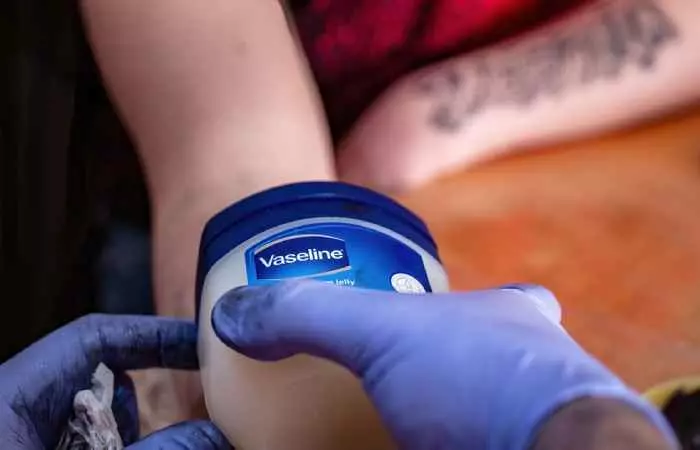
The greasy texture of Vaseline makes it an effective lubricant, particularly beneficial for individuals with very dry skin. Using it during the session can help keep the skin taut, which helps minimize friction during the tattooing process, ensuring a smoother and more comfortable experience for the person getting the tattoo.
2. Bleeding Control
During the tattooing process, Vaseline plays a crucial role in bleeding control. It facilitates easy removal of blood, providing the tattoo artist with a clear and non-messy working canvas. It also enhances visibility and allows for precise and intricate tattoo lines.
3. Barrier Provision
Acting as a protective barrier between the skin and the needle, Vaseline helps prevent discomfort and minimizes potential damage to the skin. By reducing the risk of extreme skin irritation and ensuring a less painful experience for the person getting the tattoo, it creates a smoother tattooing process.
4. Ink Removal

Vaseline comes in handy as it facilitates the removal of excess ink during the tattooing session. In the event of ink smudging or accumulation, it aids in quick and easy cleanup, leading to a clean tattoo that is high-quality.
5. Protection
It forms a moisture-rich layer and acts as a protective shield, preventing bacteria and other microbes from damaging or infecting the freshly tattooed skin. It can provide protection for sensitive skin areas with a high risk of infection (1).
 Did You Know?
Did You Know?6. Vibrancy Retention

It may play an important role in maintaining the vibrancy of a tattoo. By boosting shine and preserving the color intensity of the ink, Vaseline contributes to the long-term visual appeal of the tattoo, ensuring that it remains vivid and eye-catching for a long time.
Now you know that Vaseline can be used for various purposes, find out what tattoo artists use it for. Read the next section to know.
Why Do Tattoo Artists Use Vaseline?
Many tattoo artists apply Vaseline multiple times during the tattoo session as it provides lubrication to prevent excess friction and helps wipe off extra tattoo ink. They usually wipe it off at the end of the session and apply fresh product before putting on the band-aid to contain the blood, plasma, and ink from the wound.
However, you are supposed to take off the wrap after a week, clean the tattoo with a mild antibacterial soap and lukewarm water to remove any product and secretions, and apply a light moisturizing ointment or antibiotic cream before leaving it open.
Since we are all caught up regarding when to use Vaseline and when to avoid it, there remains the question of alternatives to Vaseline that may work better. Read below to learn about them and how they can help better than petroleum jelly.
What Can You Use Instead Of Vaseline For A Tattoo?
Vaseline has been a part of the guide to skin care during tattooing and the subsequent aftercare period for a long time. However, with evolving knowledge in the field of dermatology, there is a growing consensus that Vaseline may not be the optimal choice for tattoos. So, what can you apply? Can you put aloe on a tattoo? Maybe. There are also other alternatives available that offer similar benefits without the potential drawbacks of clogged pores or suffocating the tattooed skin, which are as follows.
Note: It is not recommended to apply any lotion to a brand-new tattoo. You need to wait for at least a week just to be safe.
1. Aloe Vera
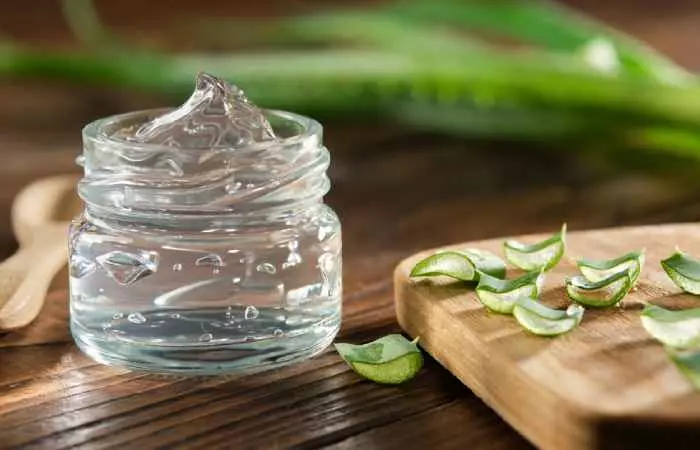
For lubricating the skin to ease the tattooing process, aloe vera gel is a fantastic option. Its anti-inflammatory properties not only soothes the skin but also adds moisture, reducing both friction and discomfort (2).
Mercedes, a YouTuber, shares her experience of getting and healing a tattoo in her video. She believes that you do not have to spend expensive aftercare and you can heal your tattoos with aloe vera. She says, “Aloe vera not only helps soothe the skin but if you’re in pain, sore or itchy it literally helps soothe that and you feel so much better (i).”
2. Aquaphor
Using aquaphor for tattoos is a tried-and-tested favorite among tattoo artists. Aquaphor helps safeguard against irritation and creates a barrier, ensuring your tattoo is protected and moisturized.
3. Coconut Oil
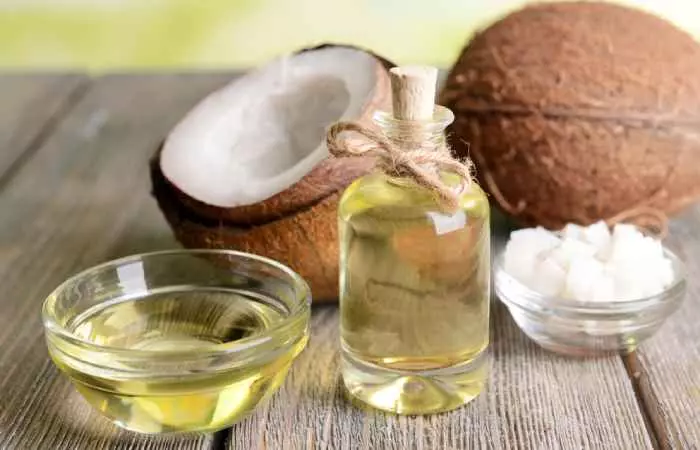
Putting coconut oil on tattoo not only lubricates the area but also promotes healing. It is a natural alternative that also contains antibacterial properties (3). It ensures your tattoo experience is smooth and your skin is all set for recovery.
4. Tattoo-Specific Aftercare Creams
Tattoo aftercare is extremely important for a smooth healing process. There are creams specially formulated to aid and promote faster healing. Look for an aftercare ointment with ingredients like shea butter, cocoa butter, panthenol, and vitamins A and D (4) (5).
5. Unscented Lotions
A light and fragrance-free moisturizer or lotion can be a great option to provide the tattooed area with the required nourishment, which is essential for healthy healing. For example, eucerin for tattoos is also recommended, as it offers gentle hydration without irritating the sensitive skin.
Conclusion
Vaseline is no longer considered a good option for healthy healing of your beautiful body art. While tattoo artists use it for lubrication and blood control during the tattoo session, and it provides benefits like protection and moisturization, Vaseline covers the skin completely and does not allow it to breathe. This ultimately leads to delayed healing and may increase the risk of ending up with an infected tattoo. Instead of Vaseline, you may use alternatives such as aloe vera, coconut oil, or a moisturizing ointment that is free from any artificial fragrance or irritants, particularly if you have sensitive skin. Moreover, you may use Vaseline after your tattoo has completely healed to enhance its shine and vibrancy and make it more aesthetically pleasing. Finally, make sure to get your tattoo from professional artists and follow their aftercare instructions for quick skin healing
Frequently Asked Questions
Is Vaseline good for tattoos when showering?
Quick showers after getting a tattoo are absolutely fine and do not need a layer of cream to protect from harm. However, the water should be lukewarm and you should not be soaking the fresh ink in water.
Are other moisturizing creams as good as Vaseline?
Yes, there are many light moisturizing creams that are non-irritating and unscented and work better than Vaseline in healing the tattoo.
Can I put Vaseline on my tattoo for swimming?
During the healing stage, you should avoid swimming for some time. After your tattoo has healed, it may not be necessary to apply Vaseline unless you are using a public pool.
Illustration: Can You Use Vaseline On Tattoo: A Complete Guide
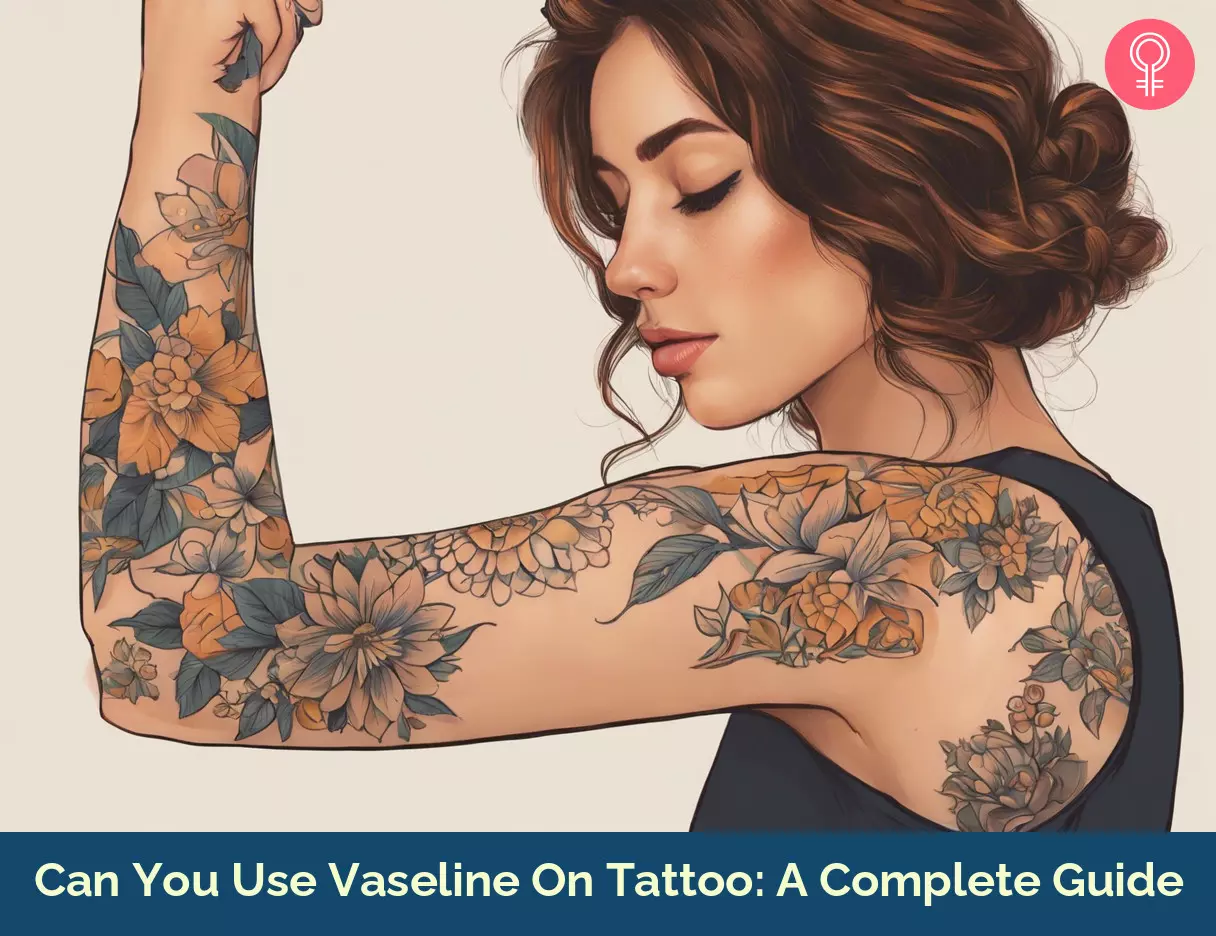
Image: Stable Diffusion/StyleCraze Design Team
Dive in and learn how Vaseline compares to hustle butter in the contexts of tattooing and tattoo aftercare.
Watch this video to learn more about how Vaseline may hinder the healing process.
Personal Experience: Source
StyleCraze's articles are interwoven with authentic personal narratives that provide depth and resonance to our content. Below are the sources of the personal accounts referenced in this article.
(i). How To Take Care Of A New Tattoohttps://www.youtube.com/watch?v=psoAyCinqAY
References
Articles on StyleCraze are backed by verified information from peer-reviewed and academic research papers, reputed organizations, research institutions, and medical associations to ensure accuracy and relevance. Read our editorial policy to learn more.
- Petrolatum: Barrier repair and antimicrobial responses underlying this ”inert” moisturizer
https://pubmed.ncbi.nlm.nih.gov/26431582/ - The effect of aloe vera clinical trials on prevention and healing of skin wound: A systematic review
https://www.ncbi.nlm.nih.gov/pmc/articles/PMC6330525/ - Comparison of antibacterial efficacy of coconut oil and chlorhexidine on Streptococcus mutans: An in vivo study
https://www.ncbi.nlm.nih.gov/pmc/articles/PMC5109859/ - The role of vitamin D on the wound healing process: A case series
https://www.ncbi.nlm.nih.gov/pmc/articles/PMC10075270/ - Vitamin A and wound healing
https://pubmed.ncbi.nlm.nih.gov/31697447/
Read full bio of Mengni Yang
Read full bio of Gazala Firdos Ansari
Read full bio of Madhumati Chowdhury
Read full bio of Shreya Mukherjee






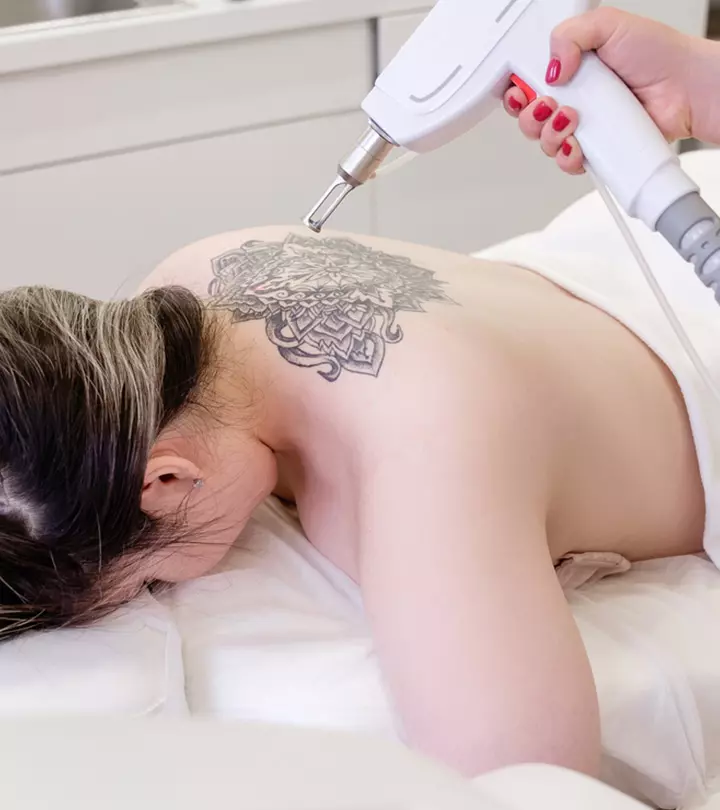

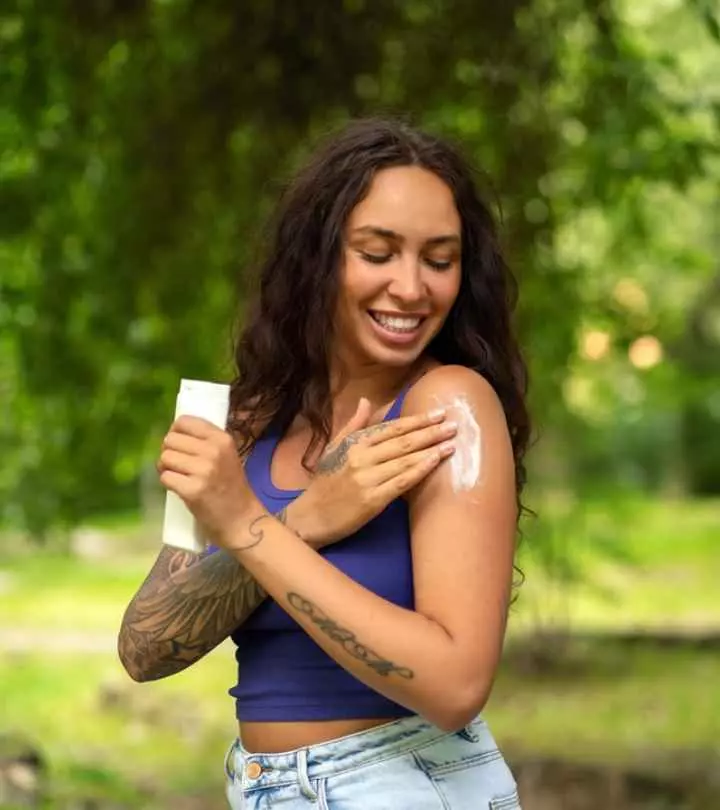
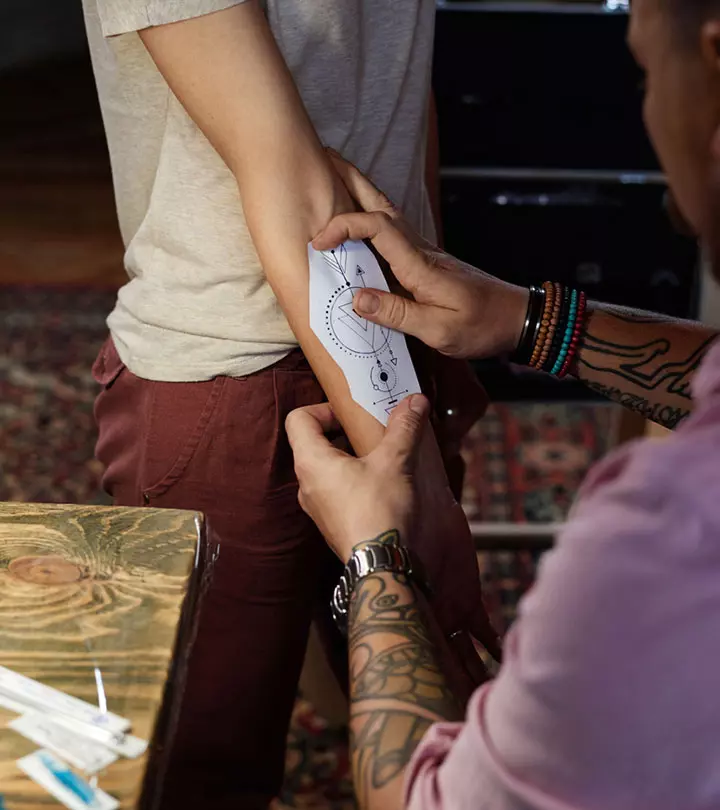
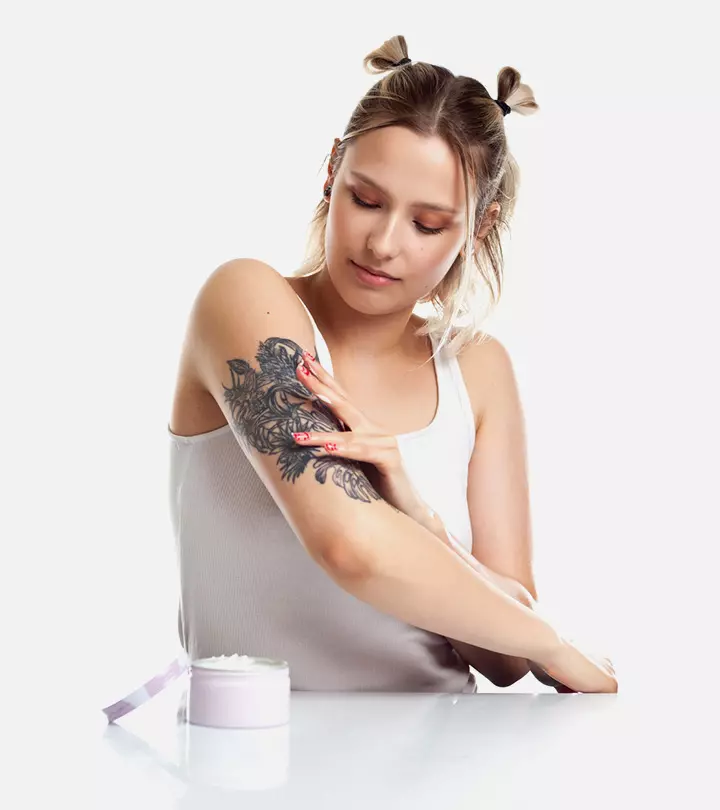

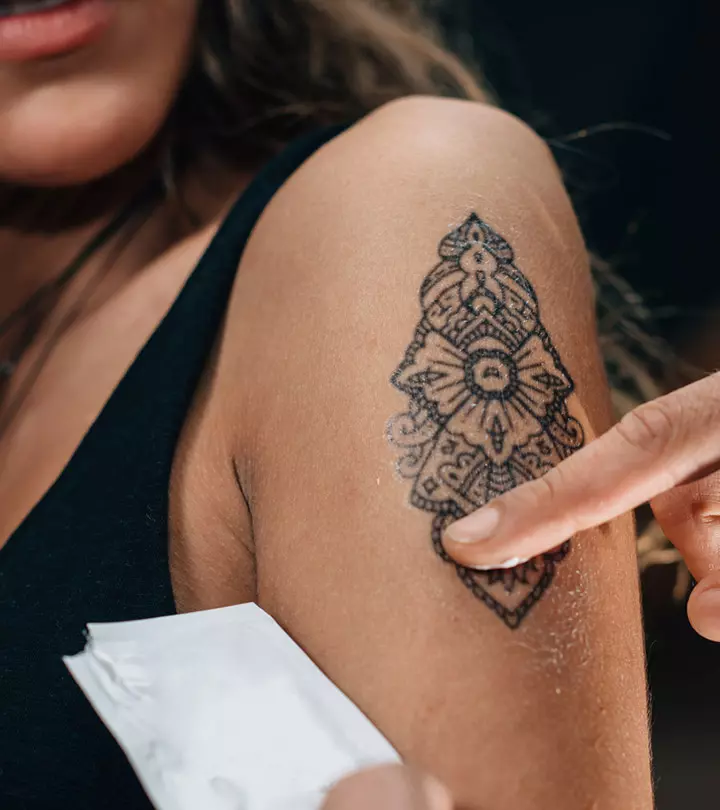








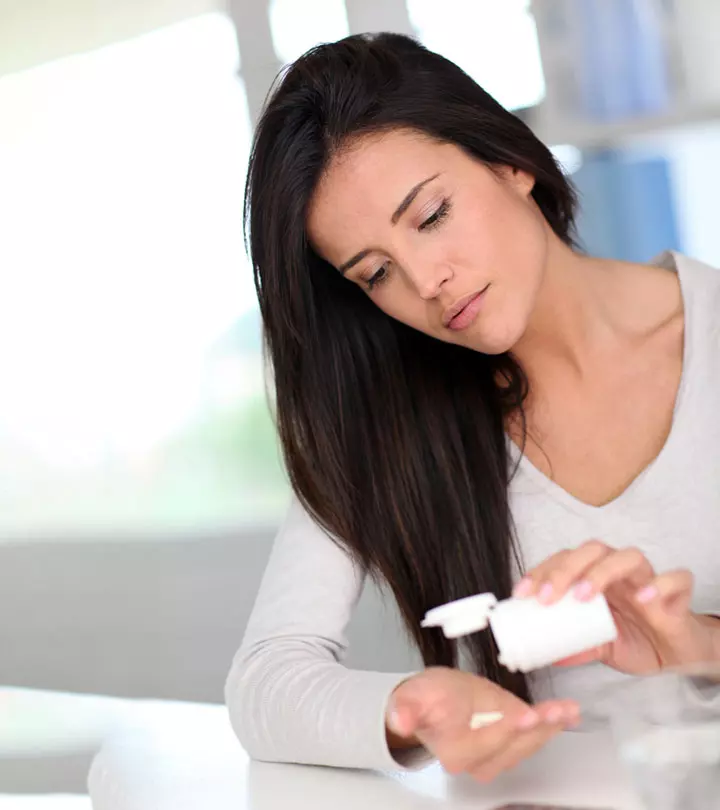
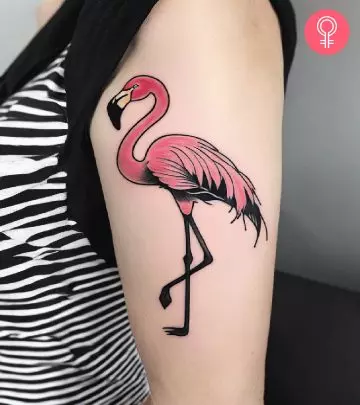




Community Experiences
Join the conversation and become a part of our empowering community! Share your stories, experiences, and insights to connect with other beauty, lifestyle, and health enthusiasts.